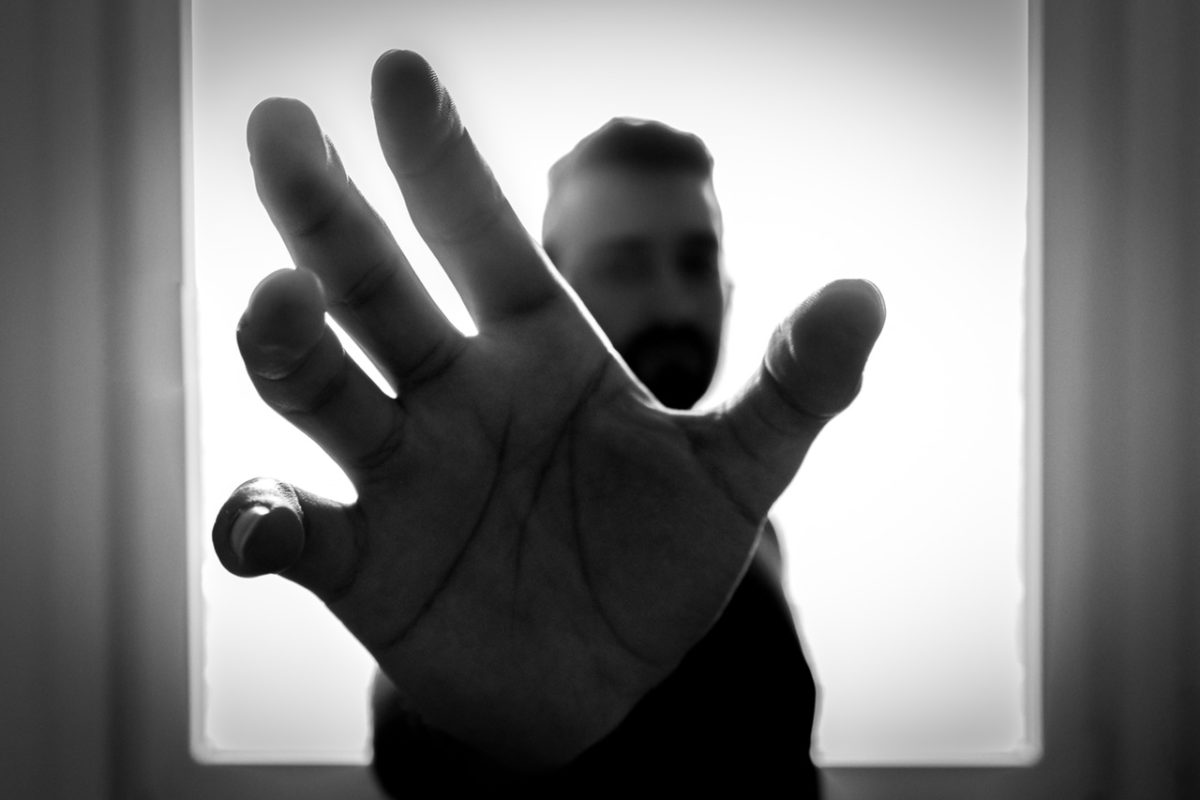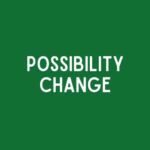“Any change, even a change for the better, is always accompanied by drawbacks and discomforts.” – Arnold Bennett
I hate coffee.
I hate beer. I hate alcohol. I especially hate bourbon. I hate talking to new people. I hate working hard. I hate studying. I hate time management. And I hate exercise.
At least I used to. Not anymore.
As I write this, I’m looking forward to tomorrow’s bourbon tasting, drinking a cup of coffee, and telling a close friend (who I met randomly) about the craft beer I tried last night. I’m preparing to unplug from social media and dive headfirst into today’s work.
After work, I get to go to the gym and do my favorite exercise (farmer’s walks), then enjoy a lovely steam room/sauna sesh.
Change is an acquired taste
The first time I tried to get serious about exercise, I woke up at 6am (more than an hour early) to do circuit workouts in the basement. I pushed and fought through every workout, drenched in sweat and wondering how the YouTube instructor could look so at ease. I thought to myself “this is just what exercise is like.”
I quit within two weeks.
The second time I tried to get serious about exercise (more than a year later), I nearly dropped a barbell on my face. I was bench pressing (because that’s what you do, right?) and had zero control over the bar. Surrounded by grunts, big muscly dudes, and chalk dust, I was too embarrassed to go back to the gym.
A couple years later, I deadlifted 455 lbs for the first time.
All of those things I used to hate have similar stories. I hated studying: until I learned to take the right notes and really get immersed in a topic. I hated other people: until I learned to enjoy staying up late into the night for no other reason than the company.
I hated coffee: until I wanted a power up before an intense writing session or workout. Even then I drank it loaded down with cream, only learning to like it black after more than a year of drinking.
I hated beer: until I started drinking it with friends and trying things other than PBR. Even then it would take another year before I started liking IPAs and other crafts.
Some of these habits are healthy, some are less healthy. But with each, change did not happen overnight. For most, I didn’t expect change to happen at all.
But over time it did, and I learned to enjoy it. I learned that change is an acquired taste.
Acquiring a taste for change
A friend of mine once said: “I want to be the kind of person that journals, but I just don’t like journal writing.”
What can you do to change when there’s something you don’t like?
If it’s your first day in the gym, your first cup of coffee, or your first networking event, you don’t need to absolutely love it right away. When people say that exercise makes them feel amazing or nitro stouts are deliciously creamy, they usually didn’t get there on the first day.
Chances are, you won’t either.
As Virgil Thomson once said, “Try a thing you haven’t done three times. Once, to get over the fear of doing it. Twice, to learn how to do it. And a third time to figure out whether you like it or not.”
Using exercise as an example, there were a lot of reasons I didn’t want to work out.
It was intimidating to be surrounded by super fit people putting up weights I could barely count. It felt like I didn’t belong in the gym because I wasn’t already in crazy good shape.
Exercise after work was exhausting. After spending a whole day working, the last thing I wanted to do was go to the gym. I still had to cook, eat, do laundry, clean, and take care of all the day-to-day stuff.
All that, and I had no idea what I should be doing. I walked into the gym uncertain and very afraid.
For exercise, it took more than three tries to enjoy it. The exact number may be different depending on the activity at hand, but the principle is the same: not everything worth doing will be enjoyable at first.
If you can make that mental shift and understand that things won’t necessarily start out easy, you can strategize and find ways to take action.
Creating the habit of change
I won’t sit here and say you need to drink bourbon every day until you develop a taste for it.
But there are some habits you might want to develop.
For me, those included exercise, cooking, and meditation. In each case, setting up simple rules helped me stay consistent and learn to enjoy my new habit.
There are numerous books, apps, articles, and speeches on healthy habits. Foodist and Mindless Eating focus on changing eating habits without dieting. Headspace provides gamification and clear guidance for meditation. No Sweat focuses an exercise habit around the right kind of motivation. The Power of Habit teaches the general formation of long-term habits.
For all of the information out there on behavioral change, I’ve found two rules that are the most effective.
- Start small
- Decide in advance
Why start small?
What good will it do to work out for 30, or even 10, minutes? What good is a 2 minutes meditation?
It gets you started. If you meditate for 60 minutes on your first day, you won’t be coming back on day 9. If you spend 4 hours making succulent carnitas quesadillas (with homemade tortillas!), it doesn’t matter how delicious they are.
If you work yourself into exhaustion and learn to hate exercise, what’s going to keep you coming back?
The goal of day one is not to change your life. The goal of day one is to make it to day two.
What does it mean to decide in advance?
You leave work and are headed home. You could go home, change, then hit the gym. Or you could go home and relax with a cool drink and queue up some Netflix.
It’s time to make dinner. You could look up a recipe for 20 minutes, go shopping for 30 minutes, and cook for 40 minutes. Or you could order take out.
Deciding in advance means setting up your environment so that you can do things when you need to. It means having your gym clothes with you and having your groceries in the fridge.
In the moment you come home from work (or wake up in the morning, or any other moment), there are a million things running through your head. You could be feeling any number of emotions. You could be tired, upset, or hungry. There are a lot of factors that can affect your decision.
Instead, make the decision before you need to.
Dan Ariely calls these “precommitments” in his book Predictably Irrational. Robert Cialdini calls them “if/when…then” statements in his book Pre-Suasion. SJ Scott talks about a similar idea called Habit Stacking. And I like to call the technique chaining.
When will you do your habit? Here are my examples, using Cialdini’s “if, then” structure:
- If I leave work on a Monday/Wednesday/Friday, I will go to the gym
- If I am passing Trader Joe’s, I will pick up groceries
- If I just showered in the morning, I will meditate
- If I get up to use the bathroom at work, I will refill my cup of water
By setting these rules, you make the decision to take action easier – because you’ve already made it.
Change can be worth it, but it is not always easy. Recognize that change is an acquired taste. Then take steps to acquire it.
What do you want to change?




I definitely relate to the exercise bit. I’ve learned to love running, and I NEVER thought I would. Starting small is crucial–it gets you going and makes you feel good about having done *something* which is better than nothing. Even now, when I don’t feel like exercising at all, I’ll make myself go for 15 minutes (instead of 30) or take a walk (instead of a run), because I figure even that is better than not doing it at all.
I do the same thing! Some days when I feel like skipping the gym I say “well, I’ll just go to the gym, but I don’t have to work out.” Of course, once I’m actually at the gym I do at least a little bit.
Same goes for writing, meditation, healthy eating, bourbon, and everything else I’ve ever tried to change.